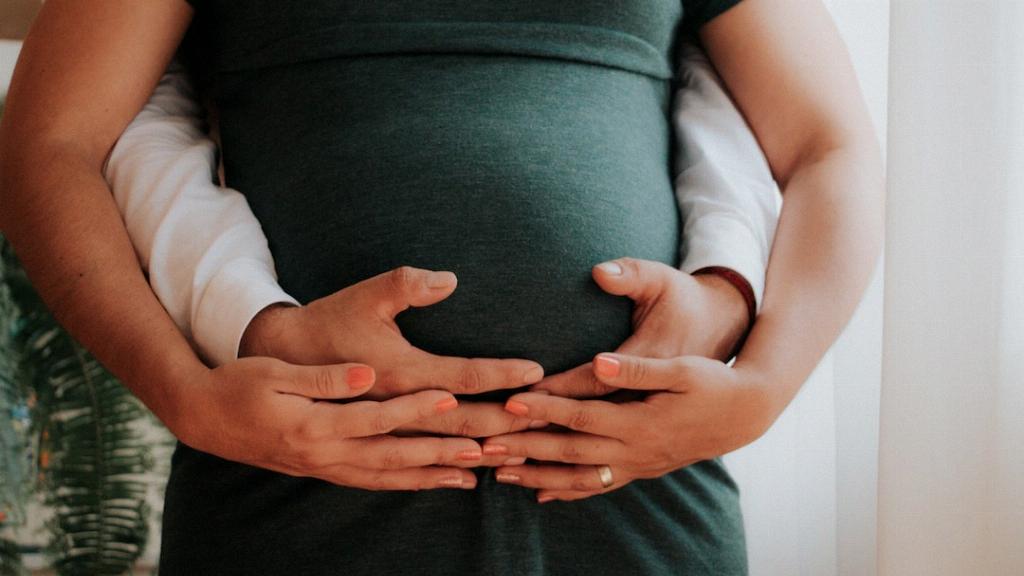One of the common physical changes that women experience during pregnancy is frequent urination. The need to pee more often than usual can be attributed to various factors related to the physiological changes occurring in the body. It is essential to understand when and why this phenomenon starts to better manage and cope with it throughout the pregnancy journey.
Early Signs of Frequent Urination
For many women, the increased need to urinate can begin as early as the first two to three weeks after conception. However, it is often more noticeable around 10 to 13 weeks into the pregnancy. This timing coincides with the period when the uterus starts to expand and press against the bladder, leading to a more frequent urge to pee.
Role of Hormonal Changes
The hormonal shifts that occur in early pregnancy, particularly the increase in progesterone levels, play a significant role in triggering frequent urination. Progesterone relaxes the muscles of the urinary tract, causing the bladder to fill up more quickly and making it harder to fully empty, resulting in more frequent trips to the bathroom.
Pressure on the Bladder
As the pregnancy progresses and the uterus grows in size, it exerts increasing pressure on the bladder, leading to the frequent urge to urinate. This pressure can start to be felt around the first trimester and may continue to intensify as the uterus expands further in the second and third trimesters.
Changes in Blood Volume
During pregnancy, there is a significant increase in blood volume in the body to support the growing fetus. This excess fluid eventually ends up in the kidneys, resulting in more urine production. The increased blood flow to the kidneys also leads to a faster filtration process, contributing to the need for more frequent urination.
Position of the Baby
As the baby grows and changes position in the womb, particularly as it moves lower into the pelvis in preparation for birth, it can put additional pressure on the bladder, further exacerbating the need to urinate frequently. This shifting of the baby’s position can occur intermittently throughout the pregnancy and may impact urination patterns.
Dealing with Frequent Urination
Coping with frequent urination during pregnancy involves adopting certain strategies to manage the issue effectively. This can include avoiding caffeine and other bladder irritants, practicing pelvic floor exercises to improve bladder control, and emptying the bladder completely each time you pee to reduce the urge to go again shortly afterward.
When to Seek Medical Advice
While frequent urination is a common and usually benign symptom of pregnancy, it is essential to monitor any unusual accompanying signs or symptoms. If you experience pain or burning during urination, notice blood in your urine, or have difficulty urinating, it is advisable to consult your healthcare provider to rule out any underlying urinary tract infections or other complications.
Conclusion
In conclusion, frequent urination is a prevalent occurrence in pregnancy that can start as early as the first few weeks after conception. Understanding the various factors contributing to this symptom, such as hormonal changes, bladder pressure, increased blood volume, and baby positioning, can help expectant mothers navigate this aspect of pregnancy with greater ease and awareness.

